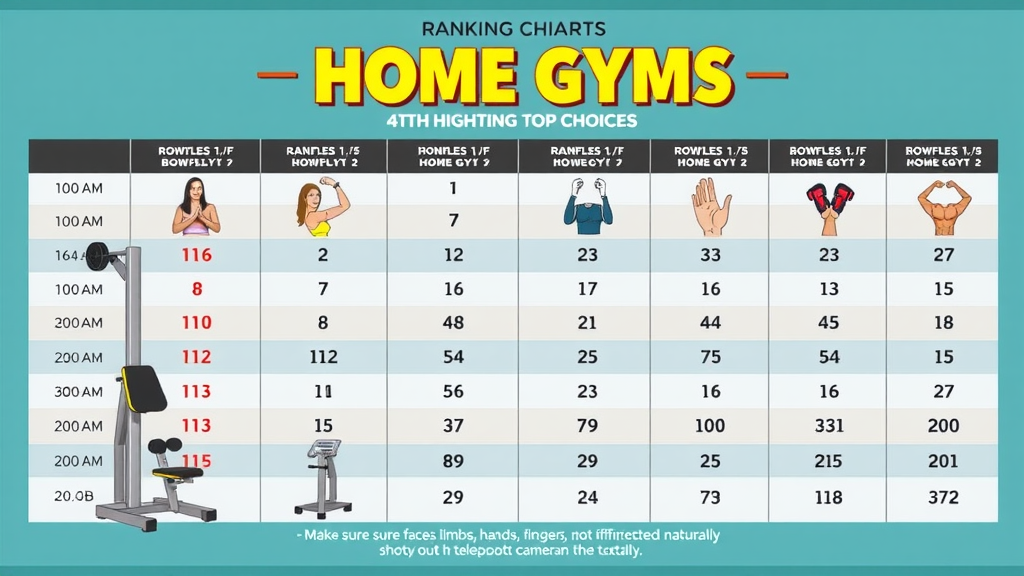Did you know that a 36 hour fast can significantly boost your **insulin sensitivity** and improve your **brain function**? Fasting has long been touted as a method for achieving **weight loss**, but recent studies suggest that its benefits reach far beyond the scales. Read on to discover the fascinating world of the 36 hour fast and its profound impacts on **health** and **well-being**.
A Surprising Journey into the 36 Hour Fast
"Fasting is the greatest remedy - the physician within." - Paracelsus
Understanding the 36 Hour Fast
Engaging in a 36 hour fast involves a total abstinence from food, only allowing water, black coffee, or herbal tea. This **fasting period** is an extension of the **intermittent fasting** models, shocking the body into utilizing stored **body fat** as energy. The outcome? Enhanced **blood glucose** regulation and potentially a **longer life**.
| Fasting Duration | Primary Effects |
|---|---|
| 12 Hours | Basic Metabolic Activation |
| 24 Hours | Increased **insulin sensitivity** |
| 36 Hours | Significant **fat loss** and detoxification |

36 Hour Fast: A Proven Method for Weight Loss
The Role of Intermittent Fasting in Modern Diets
**Intermittent fasting**, including the 36 hour variant, influences **body mass** and **body fat** through strategic **food intake** reduction. Unlike regular dieting, it emphasizes the timing of meals with less reliance on **calorie counting**, offering flexibility and sustainability. For those seeking to **lose weight** without conventional restraints, intermittent fasting provides a compelling alternative.
Impact on Body Mass and Body Fat During Fasting
When you practice a 36 hour fast, your body transitions into a state of ketosis, burning **stored fat** for energy. This transformation drastically affects **body weight**, leading to significant **fat loss**. Understanding this impact is crucial for those looking to achieve a **lean body mass** while balancing wellness.

The Health Benefits of the 36 Hour Fast
Improving Insulin Sensitivity and Blood Pressure
**Insulin sensitivity** is a crucial factor in managing diabetes and other metabolic diseases. **36 hour fasts** are shown to significantly bolster **insulin sensitivity**, thereby maintaining optimal **blood glucose** levels. Additionally, fasting can lower **blood pressure**, reducing the risk of chronic conditions such as **heart disease**.
Enhancement of Brain Function through Fasting
The benefits of fasting extend to **brain function** as well. Increased production of brain-derived neurotrophic factor (BDNF) during fasting fosters the growth of new neurons and enhances cognitive capacity.
- **Reduces inflammation** and promotes cellular repair.
- **Enhances cognitive function** and mental clarity.
- **Improves cardiovascular health** by lowering **blood pressure** and **blood glucose**.

Safeguards and Side Effects of Fasting
Potential Risks and Side Effects to Consider
The **36 hour fast** isn't without its challenges. Possible **side effects** include dehydration, fatigue, headaches, and potential disruption of **electrolyte balance**. It's vital to remain vigilant about **physical activity** during fasting, ensuring it aligns with your energy levels.
| Safeguard | Description |
|---|---|
| Stay Hydrated | Consume ample water to prevent dehydration. |
| Listen to Your Body | Pay attention to signs of extreme fatigue or dizziness. |
Real-Life Results of Practitioners
Transformations and Testimonials
"The best of all medicines is resting and fasting." - Benjamin Franklin
Stories of transformative **weight loss** and improved **health** abound among fasting enthusiasts. These anecdotes often reveal profound shifts in **body mass** and overall vitality post-fast, indicating the potential of **lean body mass** transformations.
Case Study: Achieving Lean Body Mass
Consider the account of Alex, whose **fat loss** journey with 36 hour fasts led to substantially lowered **body fat** percentages. Through a routine of fasting twice per month, he experienced not only a leaner physique but improved emotional well-being.

The Connection Between Monk Fast and 36 Hour Fast
Exploring the Monk Fast Tradition
The **monk fast**, though less prevalent, shares similarities with the 36 hour variant. Both emphasize reflection and **discipline** over extended fasting durations, fostering enhanced self-awareness and **inner peace**.
Comparing Different Hour Fasting Practices
Comparatively, shorter fasts focus on metabolic boosts, while longer fasts aim for **autophagy** and deeper cleansing. These distinctions highlight the bespoke nature of fasting, accommodating diverse wellness goals and lifestyles.

Is Fasting 36 Hours Good for You?
"Fasting is the first principle of medicine; fast and see the strength of the spirit reveal itself."
Answering Common Concerns and Misconceptions
Skepticism surrounds the 36 hour fast, with common questions about its safety and efficacy. However, when executed correctly, it is a powerful tool for **fat loss**, especially to **lose weight** and enhance metabolic processes.
Stages of Fasting for 36 Hours
What Happens to the Body During Each Stage
**During the hours of fasting**, the body undergoes various physiological shifts. Initially, **glycogen** stores are depleted, prompting a fat-burning mode. By the 24-hour mark, ketone bodies fuel the brain, and between 30-36 hours, **autophagy** peaks.
| Stage | Benefits |
|---|---|
| 0-12 Hours | Digestive rest and preparation |
| 12-24 Hours | Glycogen depletion and minor ketone production |
| 24-36 Hours | Intense fat burning and cellular repair |

Optimal Frequency: How Many Times a Month?
Guidance on Scheduling a 36 Hour Fast
For optimal benefits, practitioners can engage in a 36 hour fast **two to three times a month**, tailoring frequency to **physical activity** levels and dietary needs. This balance ensures sustained energy levels while maximizing health benefits.
Is a 36 Hour Fast Enough for Autophagy?
The Role of Autophagy in Cellular Health
**Autophagy**—the body's intrinsic detoxification and cell-renewal mechanism—is significantly activated in fasts beyond 24 hours. Fasting for 36 hours is often sufficient to trigger robust autophagic processes, supporting **cellular health** and longevity.

In Summary: The Final Verdict
"Through fasting, we detoxify and rejuvenate."
- **Embrace fasting** as a path to holistic health.
- **Experiment carefully** with frequency and duration.
- Understand individual **health needs** before starting.
FAQs
Common Questions About the 36 Hour Fast
Is fasting 36 hours good for you? Yes, when done correctly, it offers significant health benefits for metabolism and detoxification.
What are the stages of fasting for 36 hours? It involves initial glycogen depletion, followed by fat burning, and peak autophagy after 30 hours.
How many times a month should I do a 36 hour fast? Typically, two to three times, adjusted for individual activity levels and health goals.
Is a 36 hour fast enough for autophagy? Yes, it effectively induces autophagy and contributes to cellular health.

Join the Community of Fasters
Embark on your fasting journey today and tap into a growing global community organized around the transformative power of fasting for well-being and vitality.
 Add Row
Add Row  Add Element
Add Element 



Write A Comment